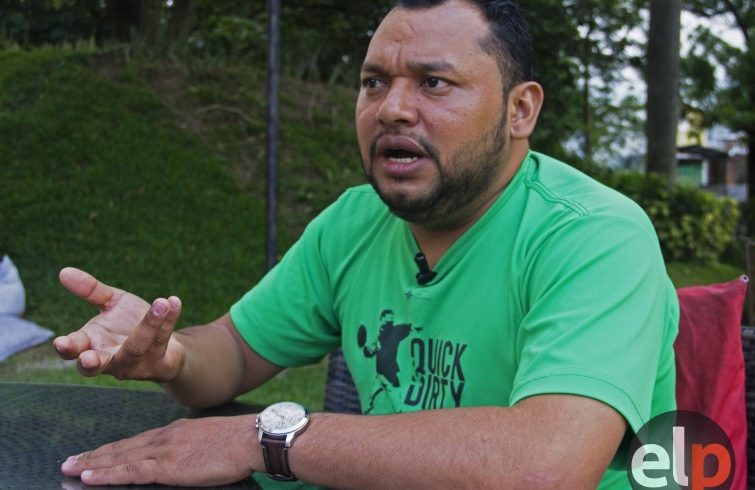MANAGUA, (Reuters) – Nicaragua’s government has stripped 94 citizens of their nationality, according to a resolution read out by a judge yesterday.
The order affects Nicaraguans living abroad, but also some still residing in the country.
“I am Nicaraguan by the grace of God… if they think they’re going to bring me to my knees, they are tangled. Long live Nicaragua!” Alvaro Navarro, a journalist stripped of his nationality, wrote on Twitter.
Meanwhile, U.S. Assistant Secretary of State Brian Nichols posted on Twitter that “This deplorable act represents a step further away from the democracy the people of Nicaragua deserve.”
The Inter-American Commission for Human Rights urged protection of those affected by the measure in a tweet.
The move comes after the government “expelled” more than 200 political prisoners to the United States last week, nearly all of them prominent government critics jailed in President Daniel Ortega’s crackdown on dissent over recent years.
The government later announced it plans to strip all of them of their citizenship, too.
The government overhauled Article 21 of the country’s constitution in order to do so. According to constitutional lawyers, the measure needs to receive the green light of two legislatures to be enacted, with the next beginning in 2024.
Ortega described the surprise release of the prisoners as a push to expel criminal provocateurs, while the United States hailed it as a “constructive step” toward improving human rights.









